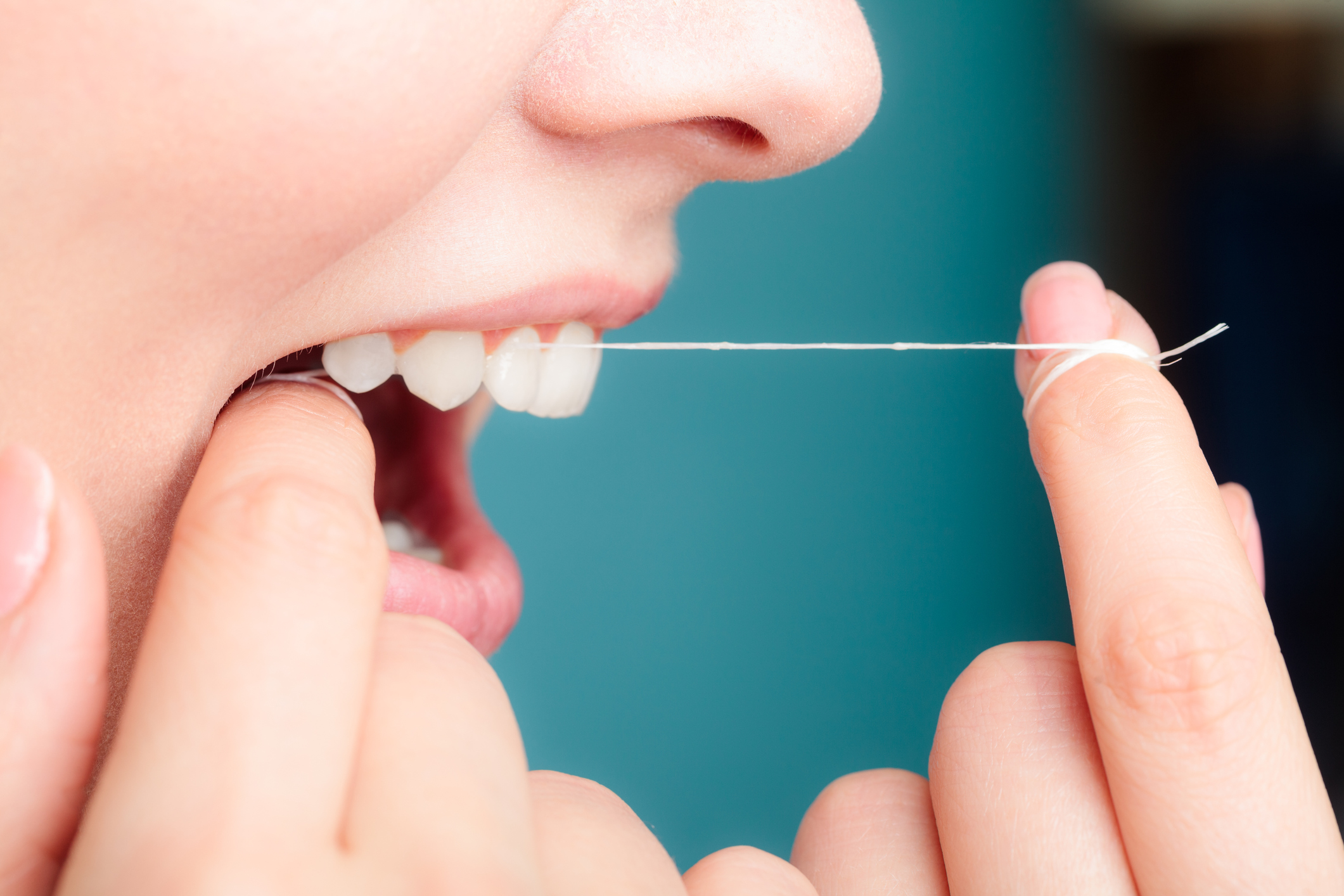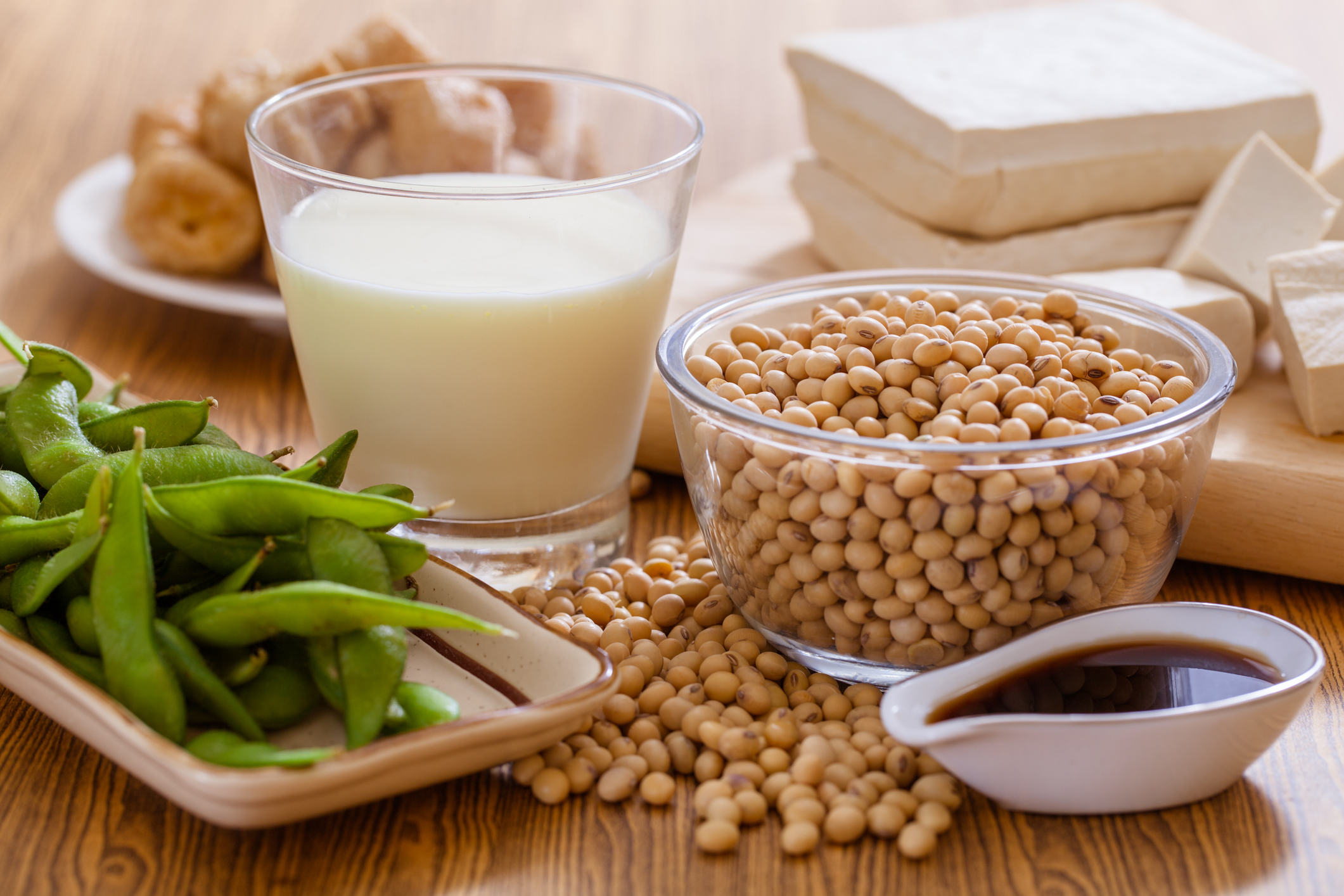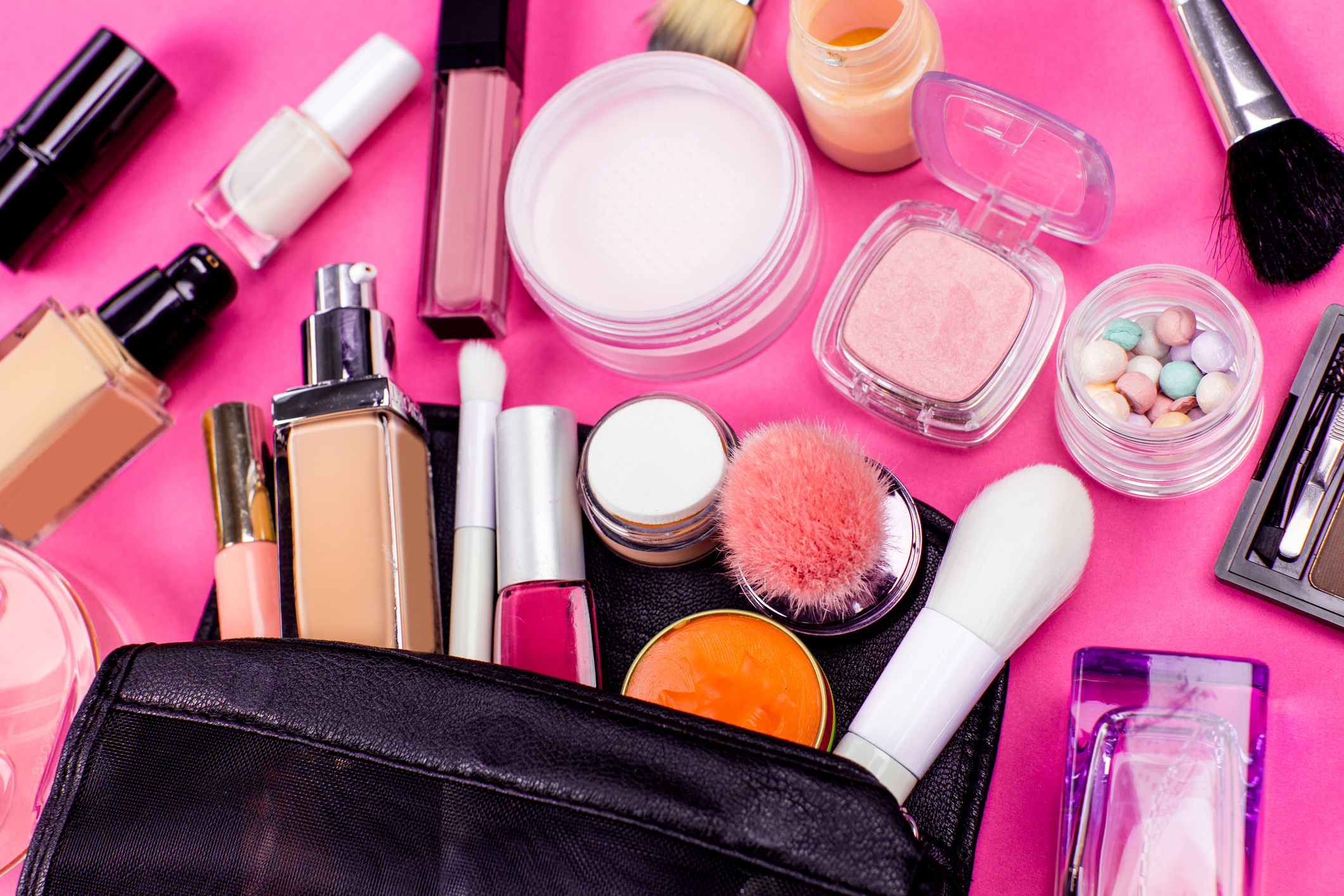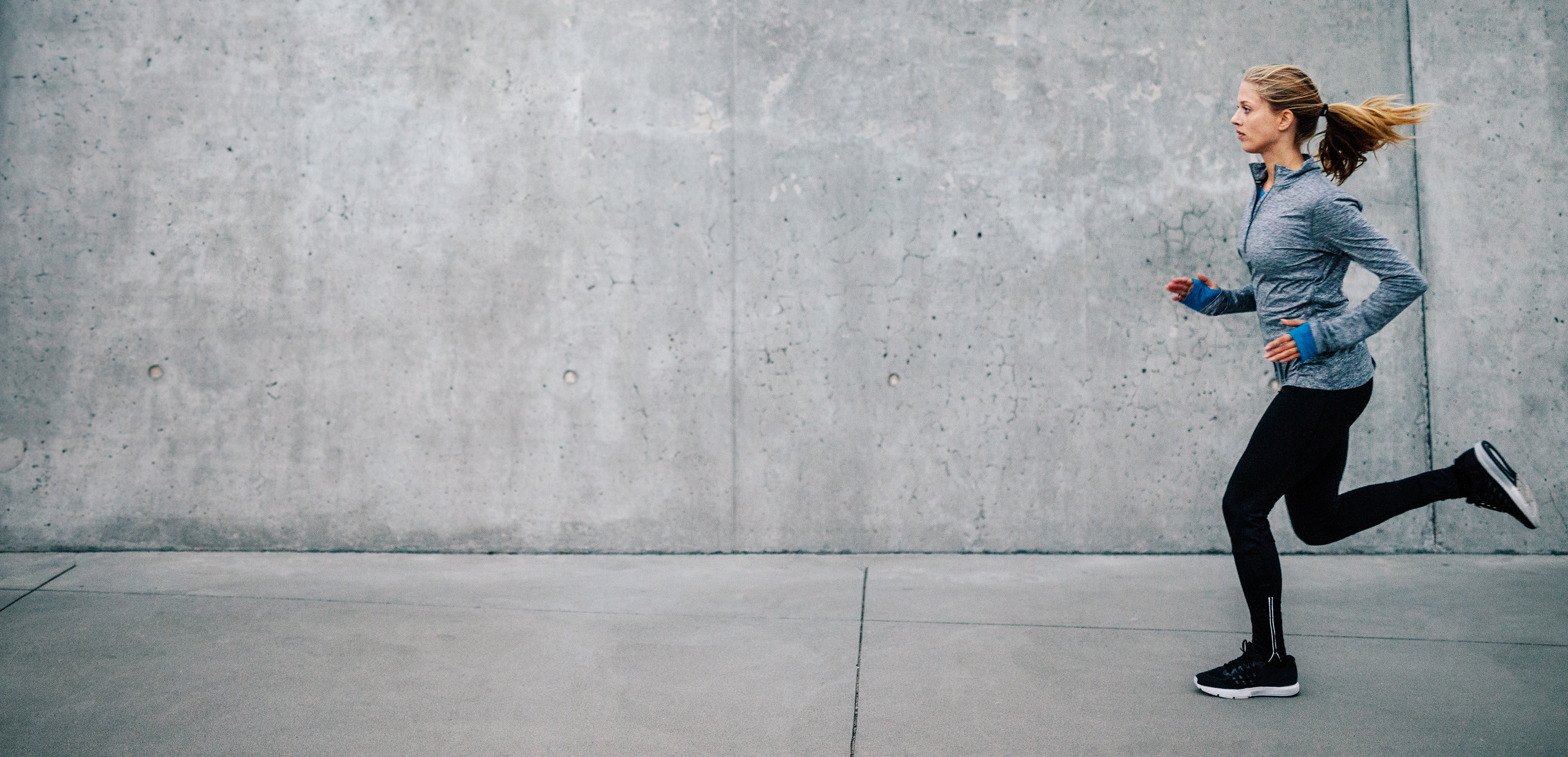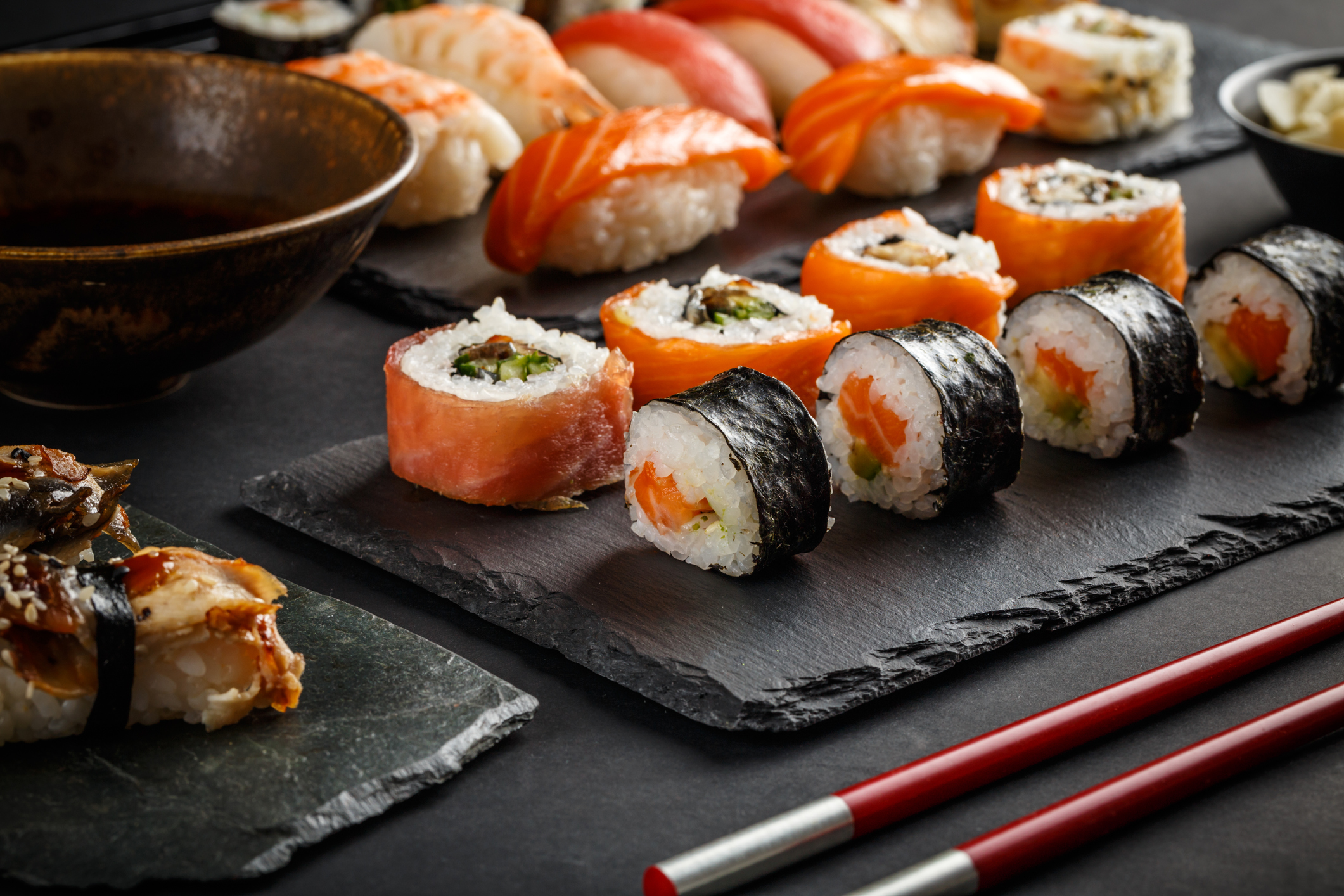There’s no justice in the world. For some people it’s almost embarrassingly easy to get pregnant (see Superdrug being the first high-street store to sell the morning after pill), but for 3.5 million of us – or one in seven couples – conceiving is difficult, according to the NHS.

Increase your chances credit (Thinkstock/PA)
But there’s plenty you can do to boost your chances of making a baby. Moving house, for instance, may do the trick, as new research suggests living near a busy road can impact fertility.
“Traffic noise induces sleep disturbance and stress. Sleep disturbances and stress may affect the fecundity (time to pregnancy),” said lead researcher Jeppe Schultz Christensen at the Danish Cancer Society Research Centre in Copenhagen.
If that’s too drastic, try out these other (seemingly unlikely) things that may just help….
1. Buy blackout curtains
As the traffic noise study shows, sleep is pretty crucial when it comes to fertility. So it’s hardly surprising that our nocturnal habits of checking our iPhones and watching TV are affecting our chances of conceiving.
The artificial light emitted by our devices, and from streetlights outside, suppresses the production of the sleep hormone melatonin that also protects eggs from harmful free radicals, especially during ovulation. So, get some blackout curtains and ditch those late-night WhatsApp sessions.
2. Flossing regularly
Good gum health could help you get pregnant more quickly, according to a 2011 study in Australia. Of the 3,416 women studied, those with gum disease took, on average, two months longer (seven months) to conceive than those without (five months).
Book a check-up at the dentist now – and get flossing.
3. Cutting down on soya
One for the chaps: Eating high quantities of soya products including tofu, miso soup and soya milk was found by US study in 2008 to give men a lower sperm count.
However, the research wasn’t totally conclusive as a lot of the men were overweight, but there’s no harm in cutting down on soya if you already have a low sperm count.
4. Making over your make-up bag
A group of synthetic chemicals used to make some cosmetics and plastics, known as ‘phthalates’ were found (in 2013) to make it harder for women to conceive during IVF.
Women who had the highest levels of phthalates in their bodies were twice as likely to suffer from implantation failure as those with the lowest level of phthalates, the study by Massachusetts General Hospital and Harvard Medical School in Boston found.
Check for and ditch make-up products containing dibutyl phthalate (DBP), dimethyl phthalate (DMP), and diethyl phthalate (DEP).
5. Dialling down your running schedule
Exercise is a must for staying fit and healthy, but too much exercise can have a negative impact on your fertility.
Women who did ‘vigorous workouts’ for at least five hours a week, including running and fast cycling, took longer to get pregnant than those who did more gentle exercise, like brisk walking, according to the results of a Danish study in 2012.
6. Skipping the sushi
Addicted to tuna maki rolls? It could be time to curb your habit, according to a 2002 study from Hong Kong, which found a link between infertility and raised levels of mercury in the blood from eating lots of seafood.
Mercury is found in predatory fish, like tuna, shark and swordfish, but you’d have to eat seafood at least three or four times a week for it to be a problem.
7. Getting some sunshine
Easier said than done in some British summers, but stepping out in the sun can apparently boost fertility.
In 2015, scientists in Belgium found that those women who’d had sunny weather in the month before having IVF were a third more likely to conceive than those who’d had poor weather.
Book that flight to the Caribbean now…



